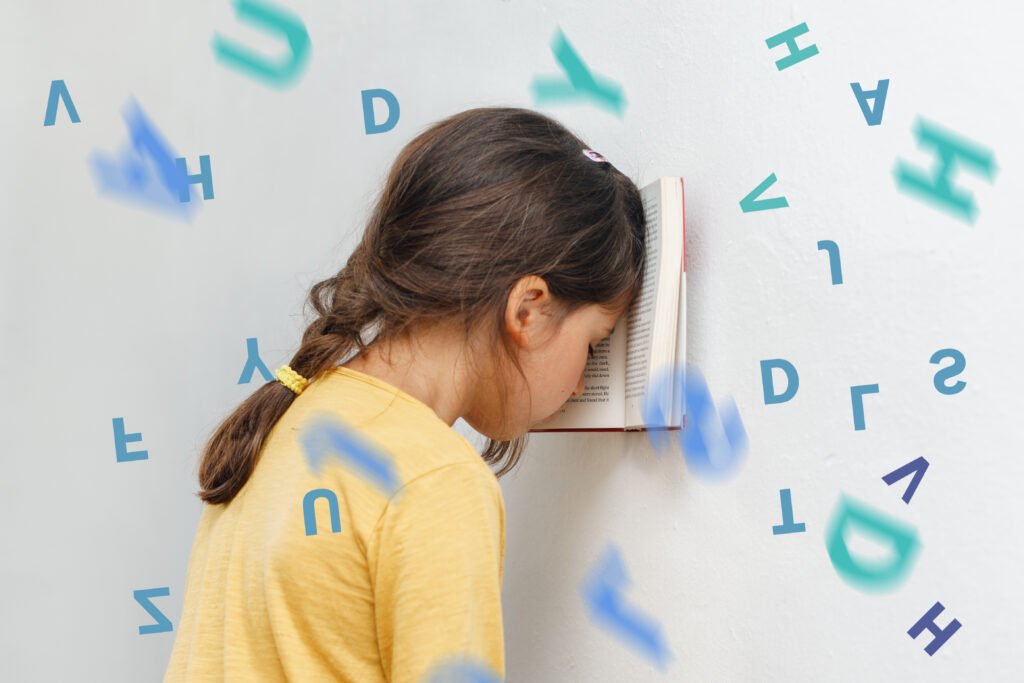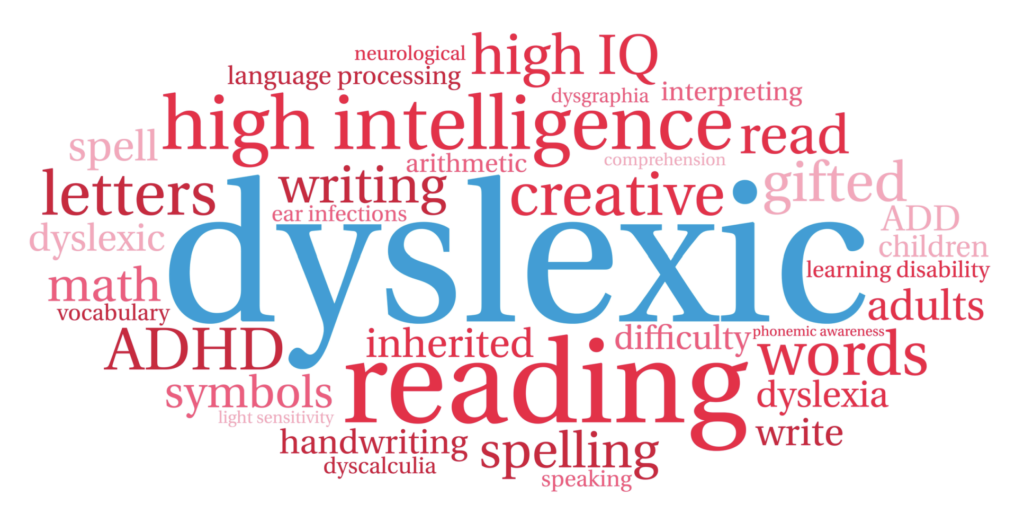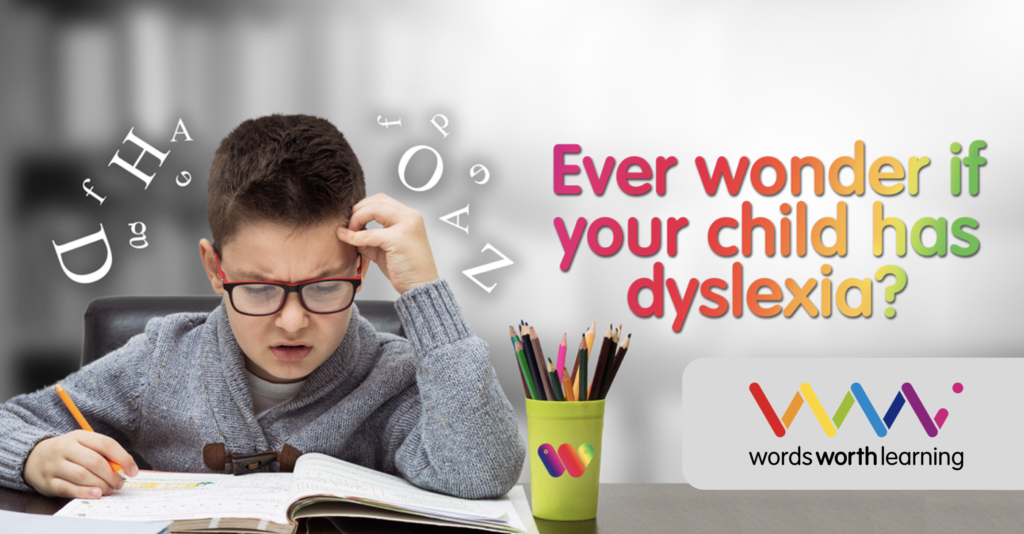
According to the World Health Organization, approximately 10% to 15% of the world’s population has dyslexia, which is a common learning difficulty that can affect reading and spelling skills. This translates to roughly 700 million to 1 billion people globally who may struggle with reading and spelling to some degree. This figure does not include those additional people who are not dyslexic, but do have a ‘reading and spelling’ difficulty e.g. some common causes include language processing disorders, attention deficit hyperactivity disorder (ADHD), visual processing disorders, and hearing impairment.
Dyslexia is also associated with strengths in spatial reasoning, problem-solving, and creativity, which can be valuable skills in STEM careers, i.e. science, technology, engineering, and mathematics. Dyslexic individuals often develop strong compensatory strategies for managing their reading and writing difficulties, which can make them more resilient and adaptable in challenging work environments.

However, this talent is often lost at the primary and secondary school level, because their condition is not identified or, the learning support pedagogy is inadequate. With a lack of opportunity to remediate their problem they are likely to be unable to fulfil their potential to make significant contributions to their fields of interest.
There are evidence-based English language solutions which, if applied at the correct stage, can help to ensure that all individuals have the opportunity to develop their literacy skills throughout their education, and contribute their unique perspectives and talents to society.
WWW.WORDSWORTHLEARNING.COM

TESTIMONIAL: “The theoretical and practical work that Rita has done with my son on his dyslexia has significantly developed his spelling ability to a point where he is now performing successfully at the same level as his other classmates. However, more importantly, the confidence and self-belief that she has inspired in him will stay with him a lifetime. As a mother, I am ever grateful for her interventions, her patience and her wonderful interpersonal ways.”